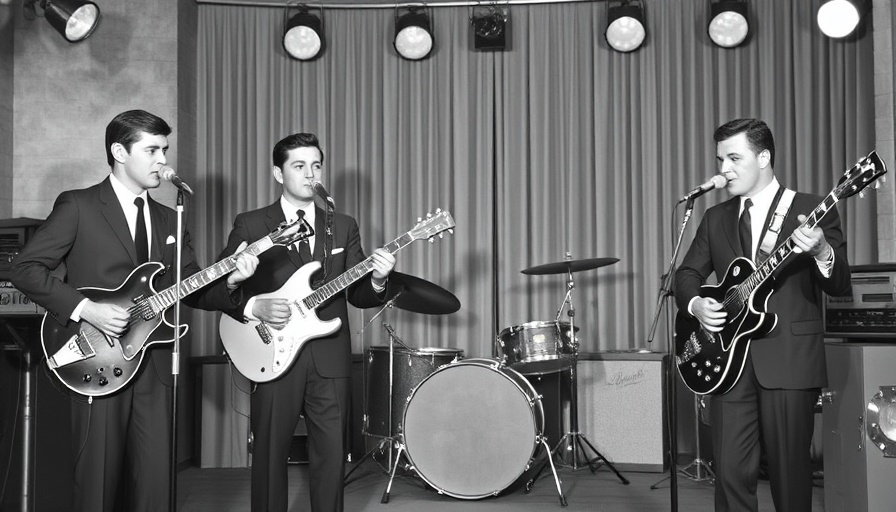
Revolutionizing Music Production with AI
The recent Grammy win for The Beatles' AI-assisted track "Now and Then" is not just a moment of nostalgia but a testament to how technology can revitalize artistic expression. By employing sophisticated noise reduction systems, Paul McCartney was able to enhance a low-quality demo recorded decades ago by John Lennon. This blending of past artistry with modern technology marks a significant evolution in music production methodologies, leaving industry experts to ponder how AI might redefine the creative landscape.
A Step Towards the Future of Music Preservation
While the concept might seem futuristic, the utilization of AI to enhance archival music isn’t merely a gimmick. This Grammy win signifies a new era where technology aids preservation rather than replaces human creativity. The surviving Beatles first attempted to revive Lennon’s demo with the resources available in the 1990s, but faced limitations. Today’s advancements allow for intricate audio isolation that can breathe new life into almost lost recordings. What does this mean for future generations of music enthusiasts? It implies a continuous journey of discovery, where historical recordings can be experienced as if they were newly created.
AI: The New Collaborator in Music
Looking beyond the award, one has to consider what this win symbolizes in the larger context of AI's role in creative industries. AI is increasingly seen as a collaborator instead of a competitor. By providing tools that refine and enhance, it’s enabling artists like McCartney to reimagine their work in ways previously thought impossible. The creativity remains human; AI is there to amplify it, highlighting new possibilities for artists across genres.
Implications for Industry Decision-Makers
For executives and senior managers in the music and entertainment industries, the implications of this Grammy-winning example extend beyond just technical prowess. It stresses the importance of integrating AI into creative and operational strategies. Companies willing to adopt AI in innovative ways could find themselves at the forefront of the music industry’s next wave of evolution. The question that lingers: how will your organization harness technology akin to The Beatles’ approach in tapping into its creative potential?
Lessons Learned from a Legendary Collaboration
The Beatles' journey in reviving a long-lost demo teaches us valuable lessons about resilience and innovation. It underscores the synergy that can occur when organizations embrace technology, not as a threat, but as an opportunity to enhance their existing capabilities. The message to decision-makers is clear: in a rapidly advancing digital world, leveraging AI can be the key to preserving and promoting cultural heritage while driving artistic innovation. Those who adapt will thrive.
 Add Row
Add Row  Add
Add 




Write A Comment